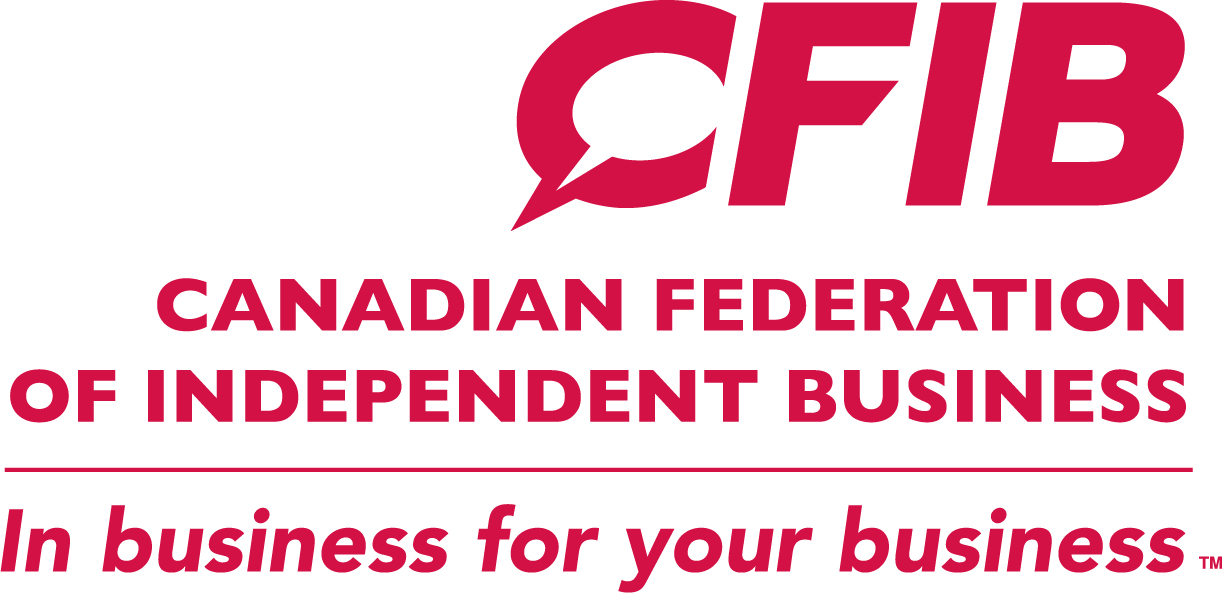Broad new "anti-spam" law confusing, challenging for small business
As legislation comes into force, survey suggests many think it doesn't apply to them
TORONTO, June 25, 2014 /CNW/ - Canada's Anti-Spam Law (CASL), coming into force July 1st, affects most businesses – any sending emails, text messages or messages through social media. But, according to a new member survey conducted by the Canadian Federation of Independent Business (CFIB) this week, only 15 per cent of small business owners are fully aware of CASL's requirements, and most (62 per cent) have taken no steps to comply.
"Most small business owners don't think of themselves as spammers," said CFIB president Dan Kelly, "But under the new law, everyday interactions with customers and potential customers will be considered spam without a significant investment to document the right permissions."
Among other changes, the new law will require businesses to seek consent to send business emails, keep a record of those consents, and to add an unsubscribe feature to every email message. The required technological and process changes can be significant. As an example, a small business was told it will cost them $30,000 to $50,000 to be in full compliance.
CFIB has received dozens of calls from concerned business owners who are struggling to figure out how to make their businesses viable in the new CASL world. Sadly, the support being offered by the Canadian Radio-television and Telecommunications Commission (CRTC), one of the agencies responsible for enforcing CASL, has been less-than-stellar.
"Businesses support the idea of reducing spam, but everything we're hearing suggests that the current rules need to be made small business-friendly," said Kelly. CFIB members support a focus on education over enforcement, and providing exemptions where these rules are not workable, for example where businesses send a relatively low volume of emails per month.
"The government has repeatedly insisted that CASL was designed to go after the worst offenders, and not the general business population," added executive vice president Laura Jones. "Small businesses want to comply with the spirit of the law, but implementing the letter of the law will be a challenge. Clearly, more work needs to be done to make CASL work for small business."
CFIB has prepared tips on implementing CASL for small business available at http://cfib.ca/a6267e.
CFIB is Canada's largest association of small and medium-sized businesses with 109,000 members across every sector and region.
SOURCE: Canadian Federation of Independent Business

For more information, please contact Al Maggi at 416-455-7824 or [email protected]

Share this article